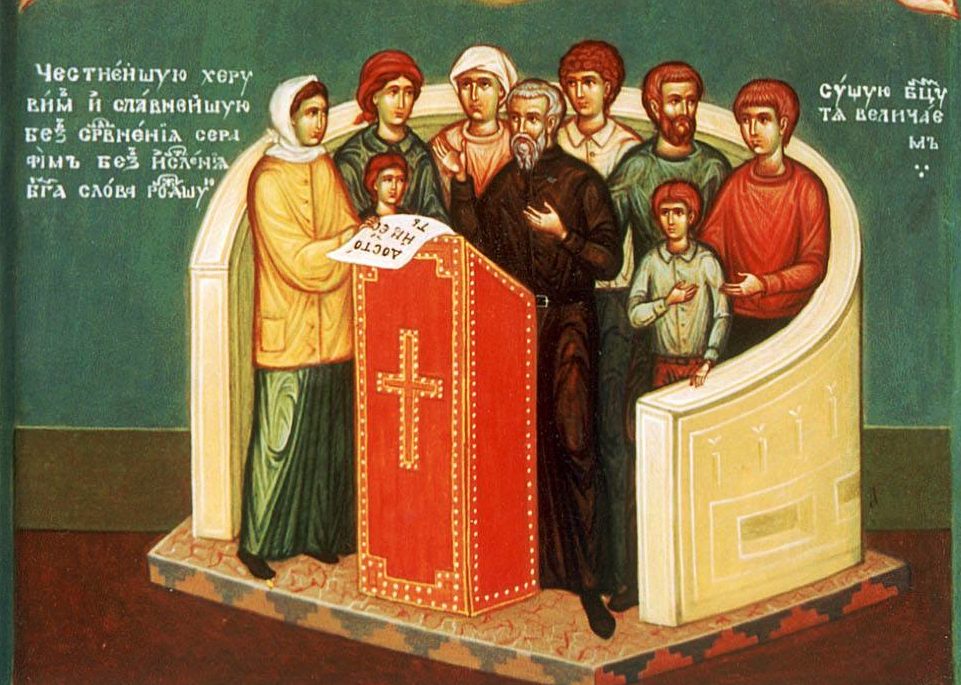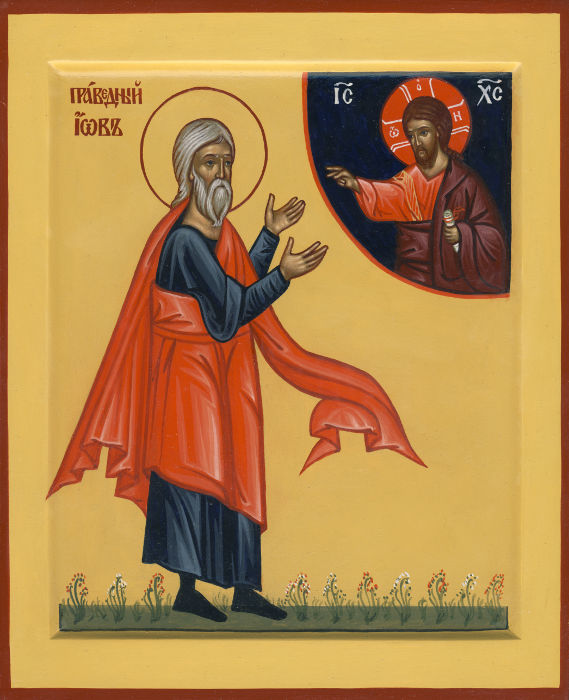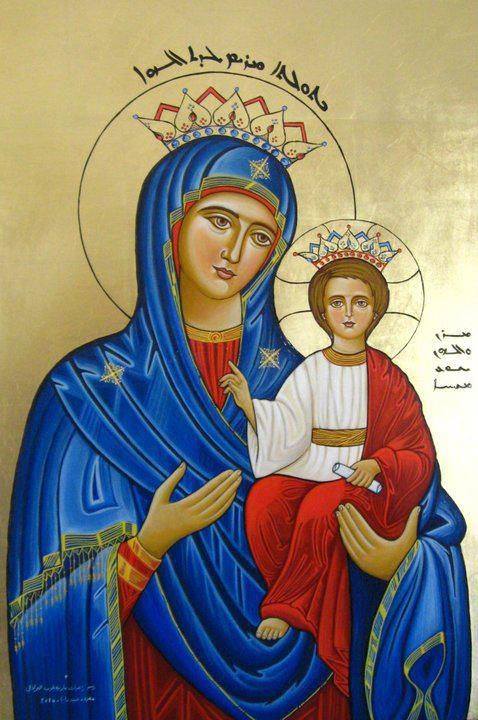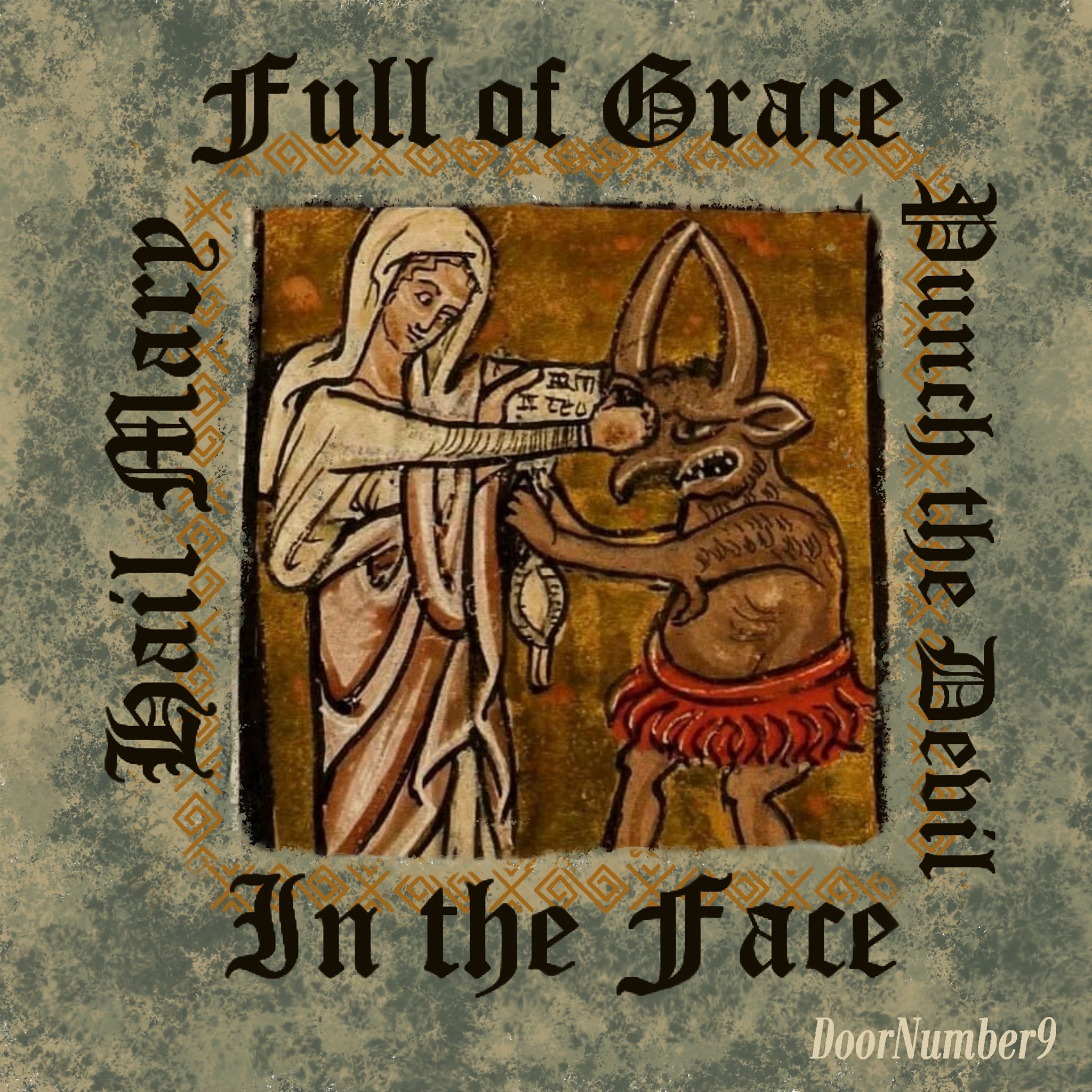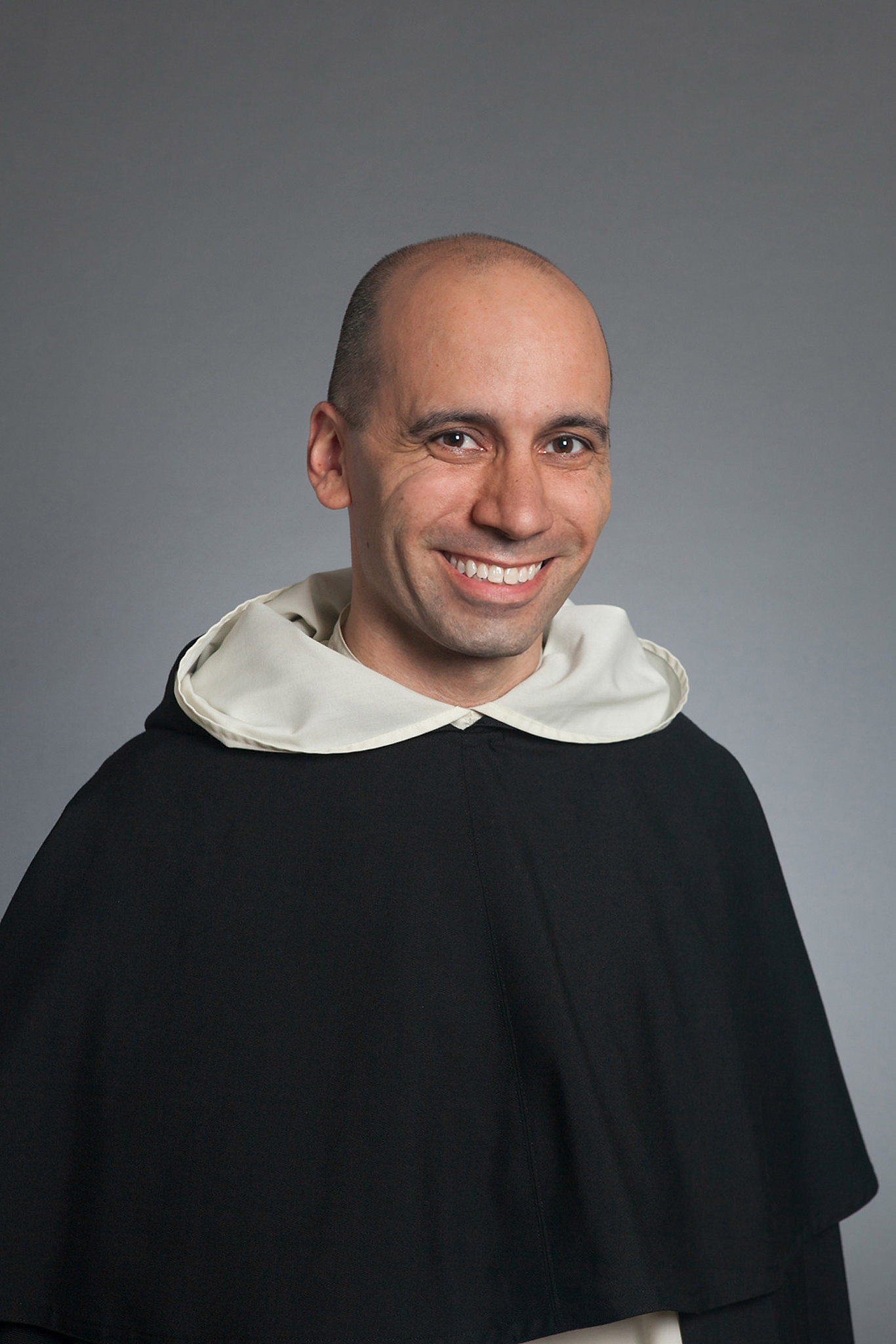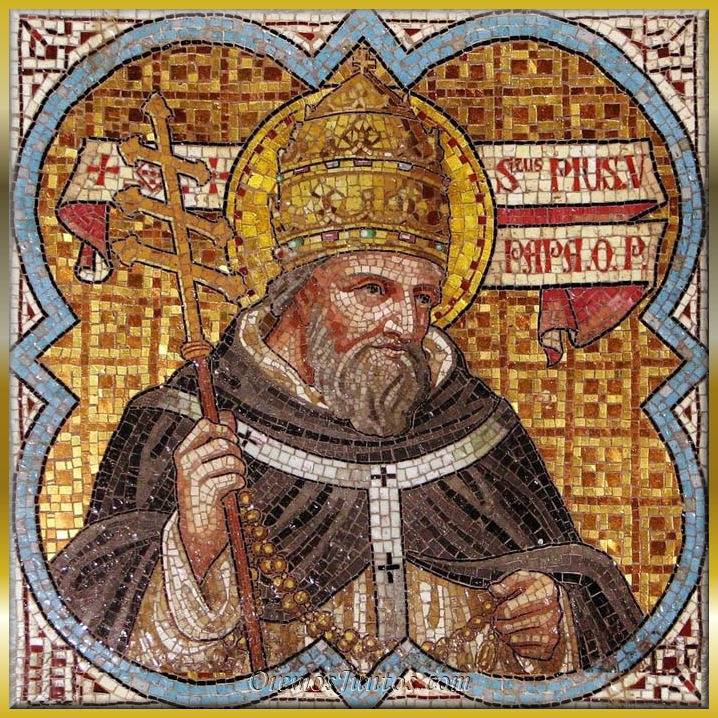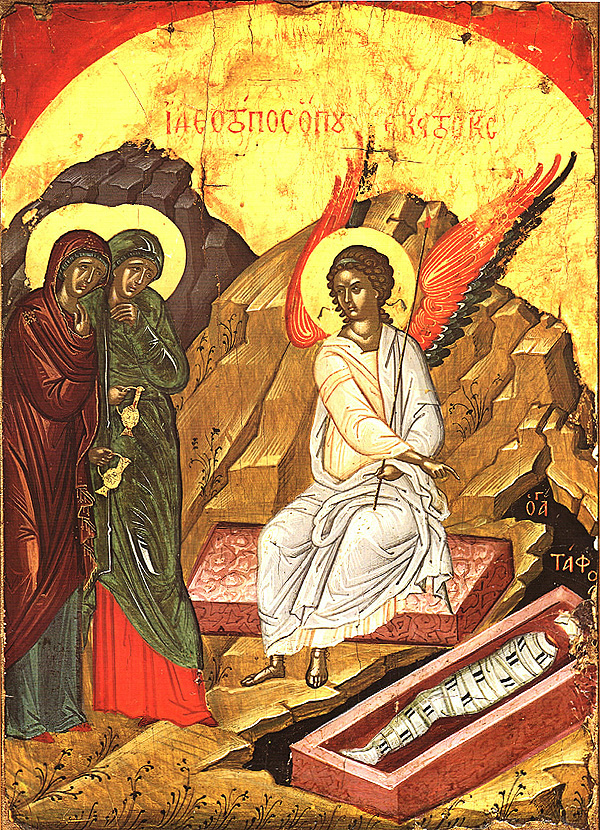Music is essential to life. Sacred music –that which is lived and performed in the Liturgy– is crucial important and integral to the worship of God. Yes, we live the text and the notes.
I love music. I love listening to music. I love sharing the experience of listening to music with others. I love purchasing, supporting musicians, and the like. I don’t sing even though I probably have one note (like everybody else).
The “normal” parish does not spend enough time thinking about the sacred music program never mind spending money on it. Even a financially strapped parish could put $50.00 per week away for sacred music. More important to money is the understanding of pastor and laity have regarding the music and give personal, informed and reasonable interest to it and the people involved. The worship of God is paramount; the lifting of our soul is desired and beautiful and healing.
I stumbled upon Benedict Sheehan’s blog post “Good Church Music Starts with Kids” and I think he’s spot-on and parishes, especially Catholic parishes, need to attend to what he Benedict proposes.
Benedict Sheehan regularly posts at The Music Stand –visit him there.
